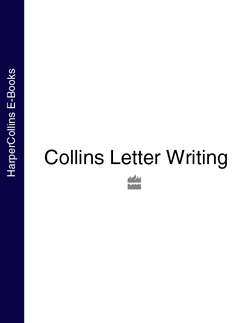Читать книгу Collins Letter Writing - Collins Dictionaries - Страница 39
NOUNS
ОглавлениеA noun is the name of anything: man, woman, England, apple, Manchester United.
There are four kinds of noun in English:
1 Common nouns, which are names that are not specific to particular people or things. They begin with a lower-case letter: writer, newspaper, mountain.
2 Proper nouns, which are the names of specific people, places or occasions and which begin with a capital letter: Charles Dickens, The Times, Mount Everest.
3 Abstract nouns, which are the names of qualities, states or activities: laughter, beauty, love.
4 Collective nouns, which are names for a group or collection of similar things: crowd, team, army.
Most plurals of nouns end in an s. There are, however, a number of exceptions.
1 Nouns ending in o, ch, sh, ss or x form their plural by adding es: tomato, tomatoes; box, boxes.
2 Nouns ending in y following a consonant drop the y and add ies: fly, flies; baby, babies.
3 Some nouns ending in f or fe drop the f and add ves: wife, wives; loaf, loaves. (But some do not: roof, roofs.)
4 Some foreign words which retain their original Greek or Latin forms retain their original plural forms:
Latin: axis, axes; medium, media; stratum, strata.
Greek: crisis, crises; basis, bases; criterion, criteria.
